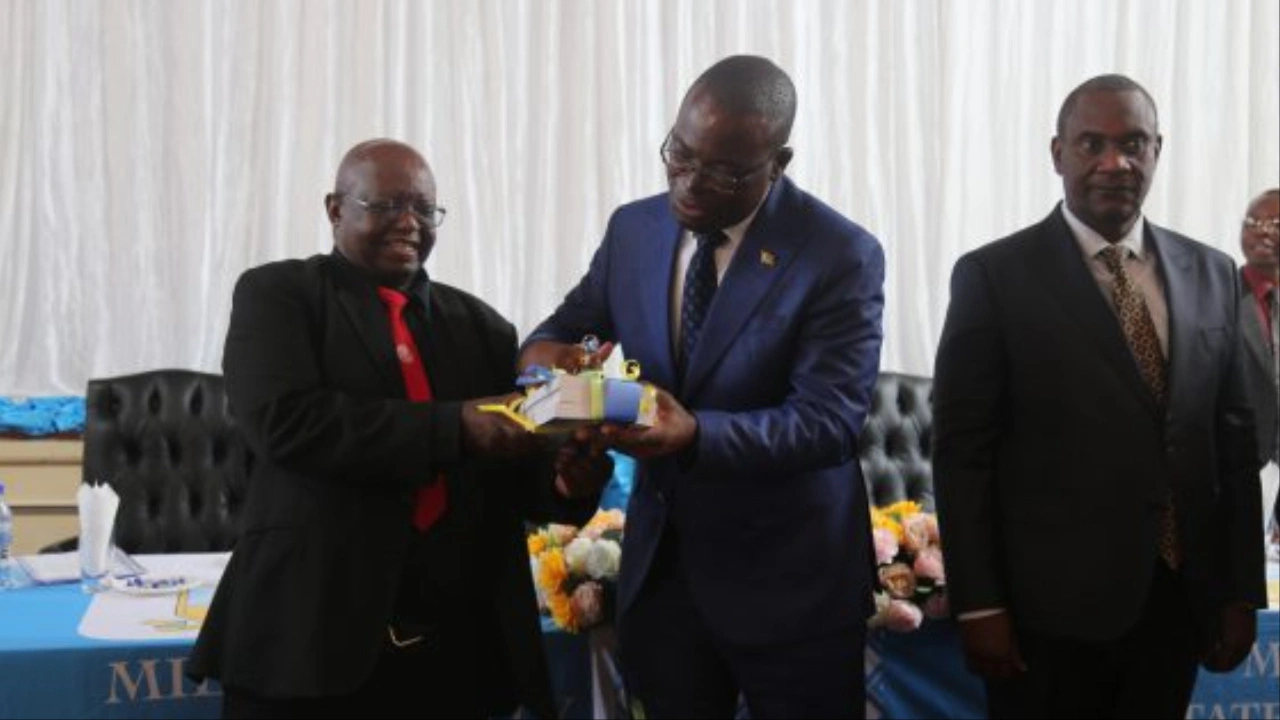Science Subjects to Be Taught in Shona, Ndebele and Other Local Languages
In a significant development, Zimbabwe’s government is working on enabling science subjects to be taught in the country’s vernacular languages as recognised in the Constitution.
In a significant and promising move, the Zimbabwean government is working to make science subjects available in the country’s vernacular languages recognized by the constitution.
Also read: Groundbreaking Breakthrough: Zimsec to Introduce Video Exams for Grade 7 Students in 2024
Heritage-Based Learning Initiative: Science Terms Translated to Local Languages
This initiative follows the launch of elementary science terms as part of heritage-based learning.
Midlands State University’s National Languages Institute has translated essential science terms into the country’s 16 official languages, including Braille.
“This is a critical way of making an inclusive approach in ensuring that every Zimbabwean is taken on board on issues to do with science and innovation. We all think, dream and even laugh in our vernacular languages. We don’t want people to think in a certain language and end up struggling to translate. Today’s launch will help unearth some serious innovators who were failing to express themselves due to language barriers,” said MSU National Languages Institute Executive Director, Dr William Zivenge.
Also read: Zimbabwe Replaces CALA with Heritage-Based Education Curriculum, Introduces Compulsory Subjects for O and A Level Students
Why Zimbabwe Wants Science Subjects to be Taught in Local Languages
The government views this launch as a significant milestone in the process of decolonising the minds of Zimbabweans. Professor Amon Murwira, the Minister of Higher and Tertiary Education, Innovation, Science and Technology Development, emphasized the importance of using national languages to drive techno-scientific development.
“Every language can be used for science and mathematics. We want everyone to be involved in science without the barriers of languages. Our focus is on ensuring that we use our national languages to achieve techno-scientific development. Scientific sovereignty should be achieved beyond language barriers,” said Professor Amon Murwira.
Also read: South Africa Set to Scrap Matric, Opts for ‘Tougher’ Zimbabwean Exams
Benefits for Zimbabweans
Midlands Minister of State for Provincial Affairs and Devolution, Honourable Owen Ncube, highlighted the psychological and developmental benefits of learning science in local languages for Zimbabweans.
“Our rich African philosophy advises us never to trust and rely on someone’s dogs when hunting as eventually the benefits will accrue not to you but to the owner of the dogs. Similarly, the dividend for relying on foreign languages is payable, in our case as Zimbabwe to the Western World and we are left with the liability of inferiority complex in the minds of our communities. Ladies and Gentlemen, I am grateful for the launch of this programme in the Midlands Province as this bears enormous significance to our development trajectory,” Ncube said.
Follow Us on Google News for Immediate Updates
#Science #Subjects #Taught #Shona #Ndebele #Local #Languages



